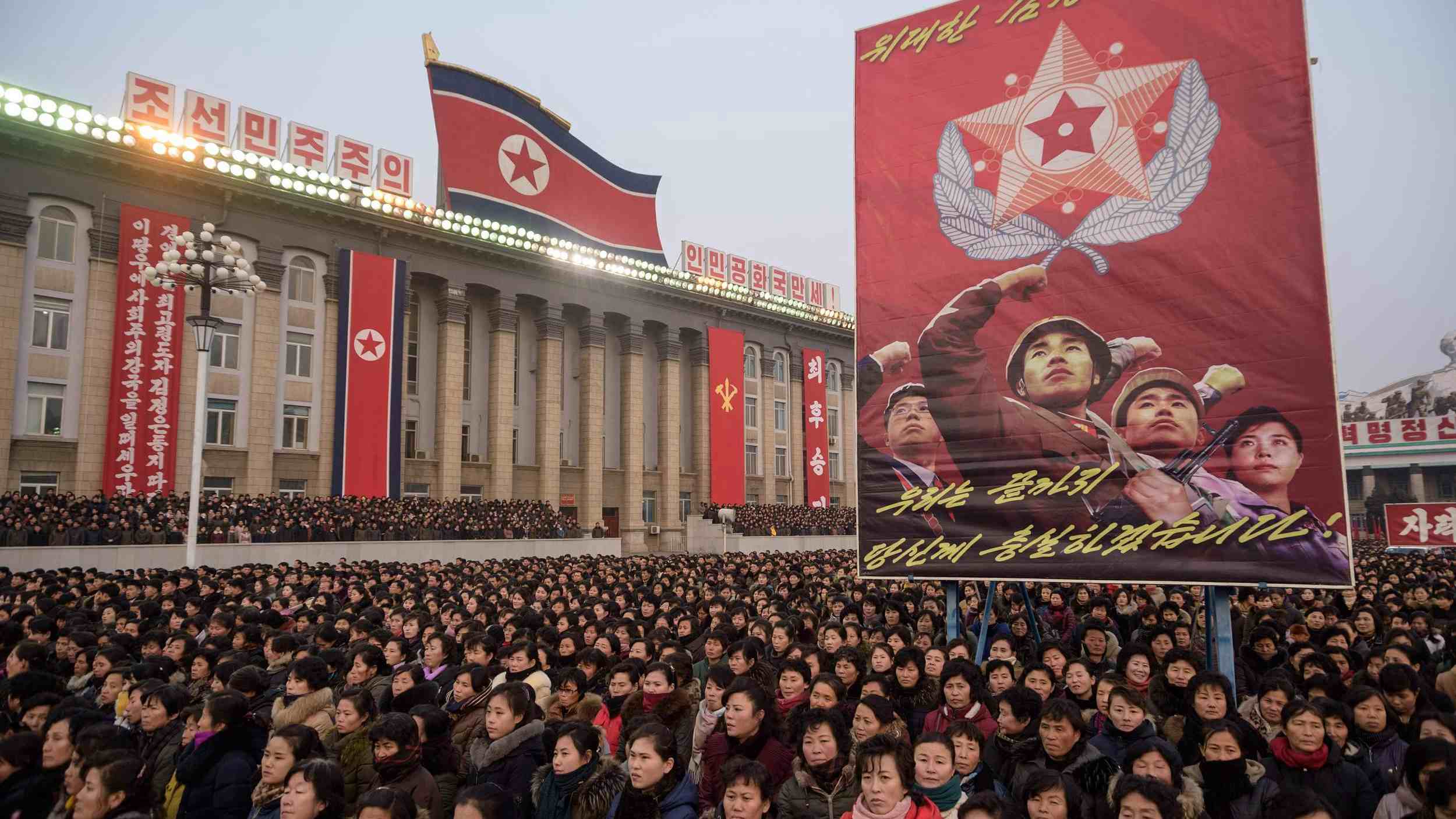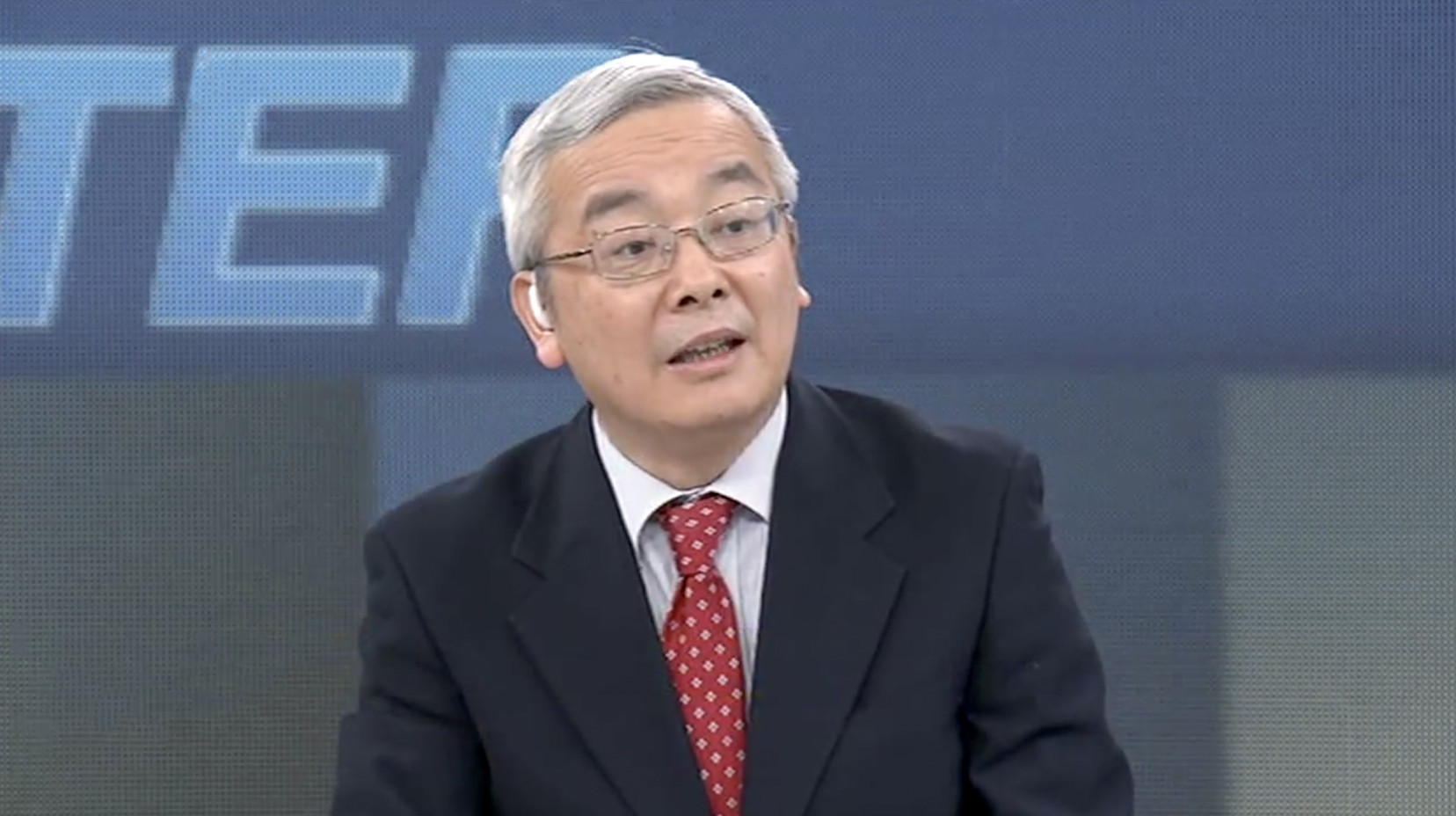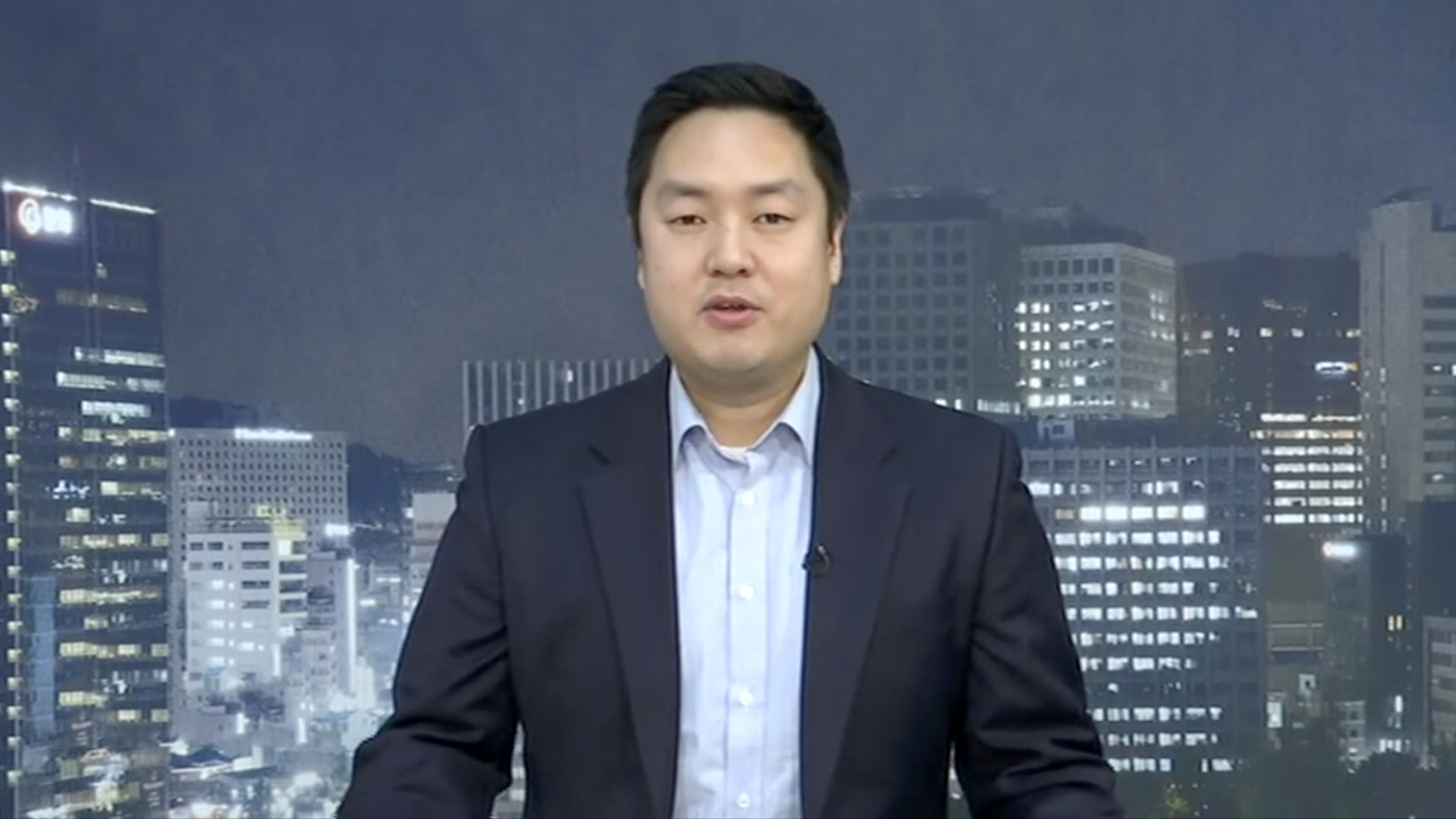
Opinion
11:13, 20-Jan-2019
DPRK's economic path: following predecessors or creating its own?
Updated
20:29, 20-Jan-2019
CGTN's Dialogue

After the groundbreaking diplomatic progress achieved by the Democratic People's Republic of Korea (DPRK) last year, Kim Jong Un is determined to maintain the momentum of development in 2019. The preliminary effect has been made with the Republic of Korea (ROK) deleting reference to the DPRK as “enemy” in the latest defense white paper for the first time since 2010. Meanwhile, a second Trump-Kim summit is imminent, with Vietnam a possible location, which was suggested by the U.S. as a role model for the DPRK.
In his New Year address, Kim underscored his focus on developing the country's economy in 2019. Last year, U.S. Secretary of State Mike Pompeo urged the DPRK to follow Vietnam's path in overcoming hostility with the U.S. and achieving once-unimaginable prosperity. However, many also suggest that the DPRK can learn from its neighbor and largest trading partner China and follow the China model to reform and open up.
Rong Ying, vice president of the China Institute of International Studies, pointed out that the DPRK's resolution to develop economically has been well-received in China, who will resolutely and firmly support the DPRK's efforts in this regard.
00:43

Rong also believes that the DPRK will draw inspiration and learn experience from China, Vietnam and other countries that had been undergoing transition.
“But I would argue that possibly the DPRK will do their own model. Firstly because they have a strong sense of national identity, they always emphasize the Juche ideology. Secondly, I think there are many differences despite the fact that there are similarities,” said Rong.
Rong's view was echoed by Shane Hahm, CGTN correspondent in Seoul. Hahm mentioned that the Juche ideology of self-reliance is deeply embedded in the DPRK leadership.
Hahm also believes that the Chinese model and the Vietnamese model will both be incorporated into the development path of DPRK. At the same time, ROK has great potential for economic engagement with the North, and the Moon administration is laying the groundwork.
01:10

Einar Tangen, an author and columnist, suggested that the key is to gain outside investment which can be difficult since it has been a hermit kingdom for an extended period.
“I don't see them just opening up the door and saying ‘look, let's have free Internet, and people can call around and travel,'” said Tangen. “I think there will be a very, if at best, a very gradual opening up.”
Dr. Tim Beal, Chairman of NZ-DPRK Society, thinks the talk of models is beside the point. If the international political framework is sorted out, then the economics will follow. With the present situation of sanctions and military affairs, the deep control in DPRK will continue. If there is a more benign international environment, all these other things are possible.
(If you want to contribute and have specific expertise, please contact us at opinions@cgtn.com.)

SITEMAP
Copyright © 2018 CGTN. Beijing ICP prepared NO.16065310-3
Copyright © 2018 CGTN. Beijing ICP prepared NO.16065310-3